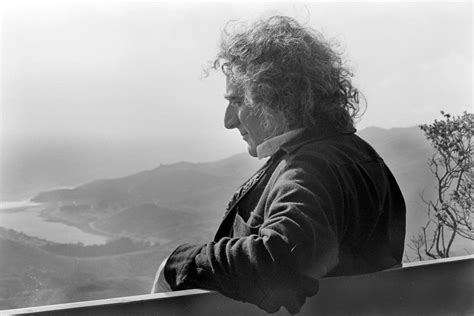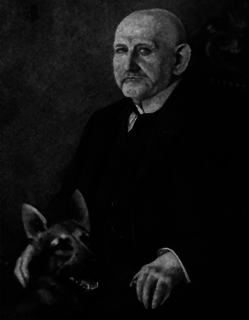A Quote by Wendell Phillips
Revolutions are not made: they come. A revolution is as natural a growth as an oak. It comes out of the past. Its foundations are laid far back.
Quote Topics
Related Quotes
To change our national economic story from one of financial speculation to one of future growth, we need a third industrial revolution: a green revolution. It will transform our economy as surely as the shift from iron to steel, from steam to oil. It will lead us toward a low-carbon future, with cleaner energy and greener growth. With an economy that is built to last - on more sustainable, more stable foundations
The word 'revolution' first brings to mind violent upheavals in the state, but ideas of revolution in science, and of political revolution, are almost coeval. The word once meant only a revolving, a circular return to an origin, as when we speak of revolutions per minute or the revolution of the planets about the sun.
Mornings at Blackwater" For years, every morning, I drank from Blackwater Pond. It was flavored with oak leaves and also, no doubt, the feet of ducks. And always it assuaged me from the dry bowl of the very far past. What I want to say is that the past is the past, and the present is what your life is, and you are capable of choosing what that will be, darling citizen. So come to the pond, or the river of your imagination, or the harbor of your longing, and put your lips to the world. And live your life.
So far as Chairman Mao's own hopes were concerned, he initiated the "Cultural Revolution" in order to avert the restoration of capitalism, but he had made an erroneous assessment of China's actual situation. In the first place, the targets of the revolution were wrongly defined, which led to the effort to ferret out "capitalist roaders in power in the Party". Blows were dealt at leading cadres at all levels who had made contributions to the revolution and had practical experience, including Comrade Liu Shaoqi.
The dream in your heart may be bigger than the environment in which you find yourself. Sometimes you have to get out of that environment to see that dream fulfilled. It’s like planting an oak sapling in a pot. Once it becomes rootbound, its growth is limited. It needs a great space to become a mighty oak. So do you.
First, what is a revolution? Sometimes I'm inclined to believe that many of our people are using this word "revolution" loosely, without taking careful consideration [of] what this word actually means, and what its historic characteristics are. When you study the historic nature of revolutions, the motive of a revolution, the objective of a revolution, and the result of a revolution, and the methods used in a revolution, you may change words. You may devise another program. You may change your goal and you may change your mind.



































